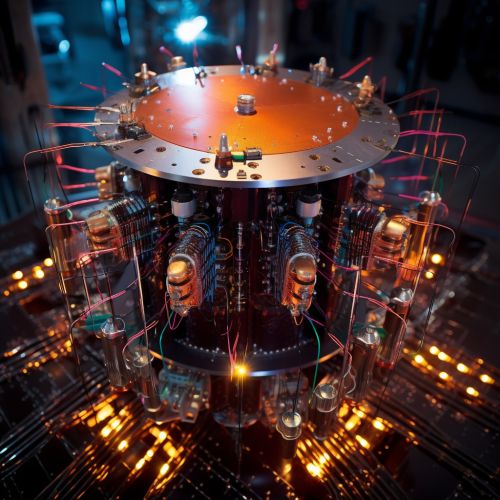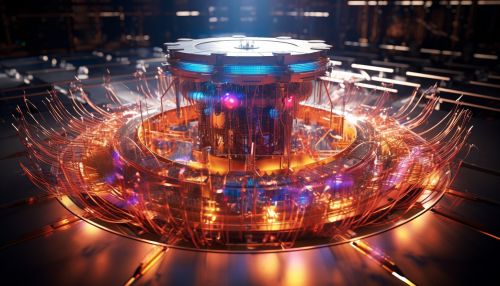The Physics of Quantum Information Processing
Introduction
Quantum information processing is a scientific domain that explores the application of quantum phenomena in the realm of information science. It encompasses both theoretical and experimental aspects, focusing on the potentials and limitations of quantum information. While the term quantum information theory is often used interchangeably, it primarily refers to the theoretical aspects, making it a subset of quantum information science.
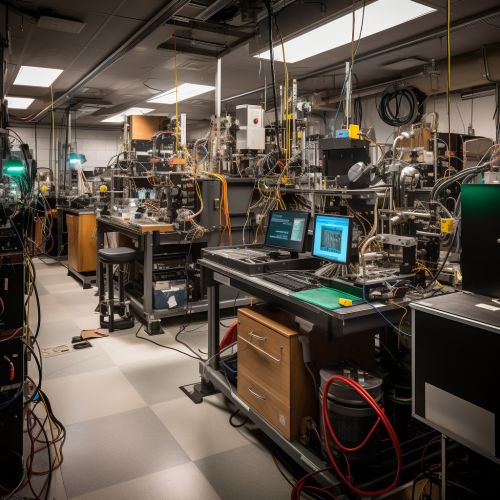
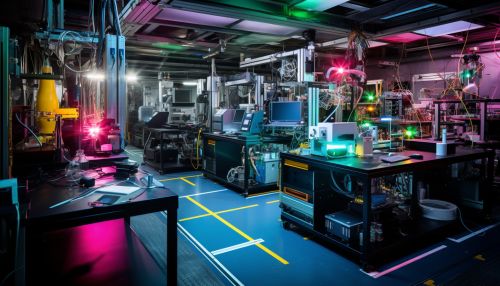
Quantum Information
Quantum information, in contrast to classical information represented by the bit, exhibits several unique and intriguing properties. The principles of superposition and quantum entanglement are among these, enabling the potential of a system to exceed the sum of its parts. A fully functional quantum computer would leverage these quantum effects to surpass the capabilities of classical computers.
Quantum Bits
Quantum bits, or qubits, serve as the fundamental units of information in quantum computing. Unlike classical bits that exist in either a 0 or 1 state, a qubit can exist in a superposition of states, embodying both 0 and 1 simultaneously. This characteristic endows quantum computers with inherent parallelism, allowing each qubit to perform two computations concurrently.

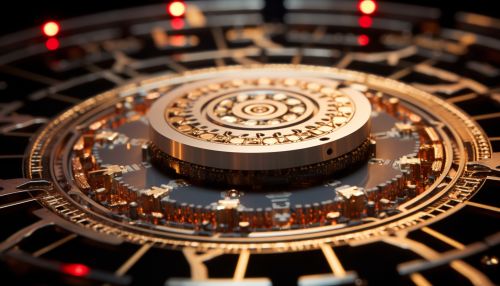
Quantum Gates
Quantum gates are the essential components of quantum circuits. They operate on a limited number of qubits, altering their state based on the initial state. Unlike classical gates, quantum gates can be reversible, implying that the input can always be inferred from the output.
Quantum Algorithms
Quantum algorithms are specific algorithms executable on a quantum computer. Prominent quantum algorithms include Shor's algorithm for factoring and Grover's algorithm for search. These algorithms have the potential to solve certain problems significantly faster than any known algorithm for a classical computer.
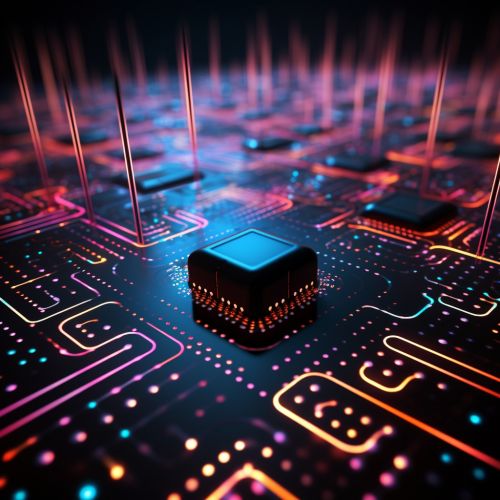
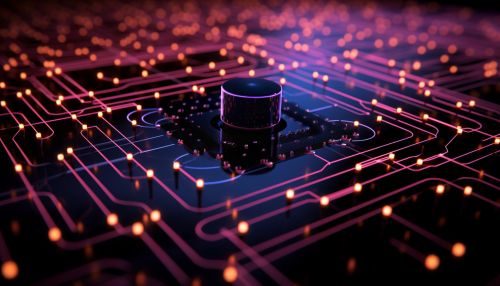
Quantum Error Correction
Quantum error correction is a crucial aspect of quantum computing. While error correction in classical computing can be relatively simple, quantum error correction presents a greater challenge. This complexity arises from the fact that measuring a quantum system can alter the system, making it challenging to identify and rectify errors without further disrupting the system.
Quantum Cryptography
Quantum cryptography employs quantum mechanics to execute cryptographic tasks. The most well-known application of quantum cryptography is quantum key distribution, which provides an information-theoretically secure solution to the key exchange problem. The strength of quantum cryptography lies in its ability to accomplish various cryptographic tasks that are proven or conjectured to be impossible using only classical (i.e., non-quantum) communication.
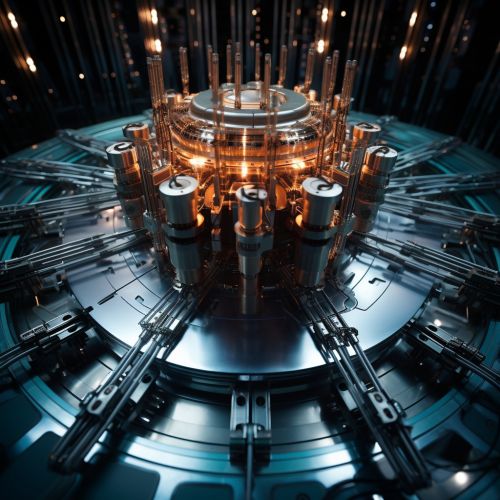
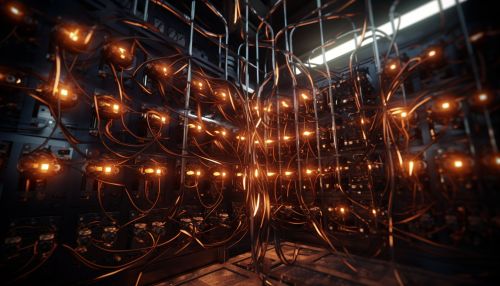
Quantum Teleportation
Quantum teleportation is a process that enables the transmission of quantum information (e.g., the exact state of an atom or photon) from one location to another. This process relies on classical communication and previously shared quantum entanglement between the sender and receiver locations.
Quantum Computing
Quantum computing utilizes quantum-mechanical phenomena such as superposition and entanglement to perform computation. Quantum computers are theorized to solve certain computational problems, such as integer factorization (which underpins RSA encryption), substantially faster than classical computers. The study of quantum computing is a subfield of quantum information science.
